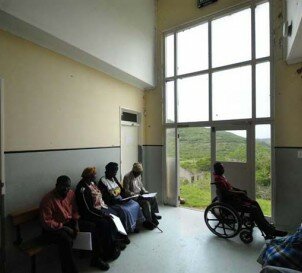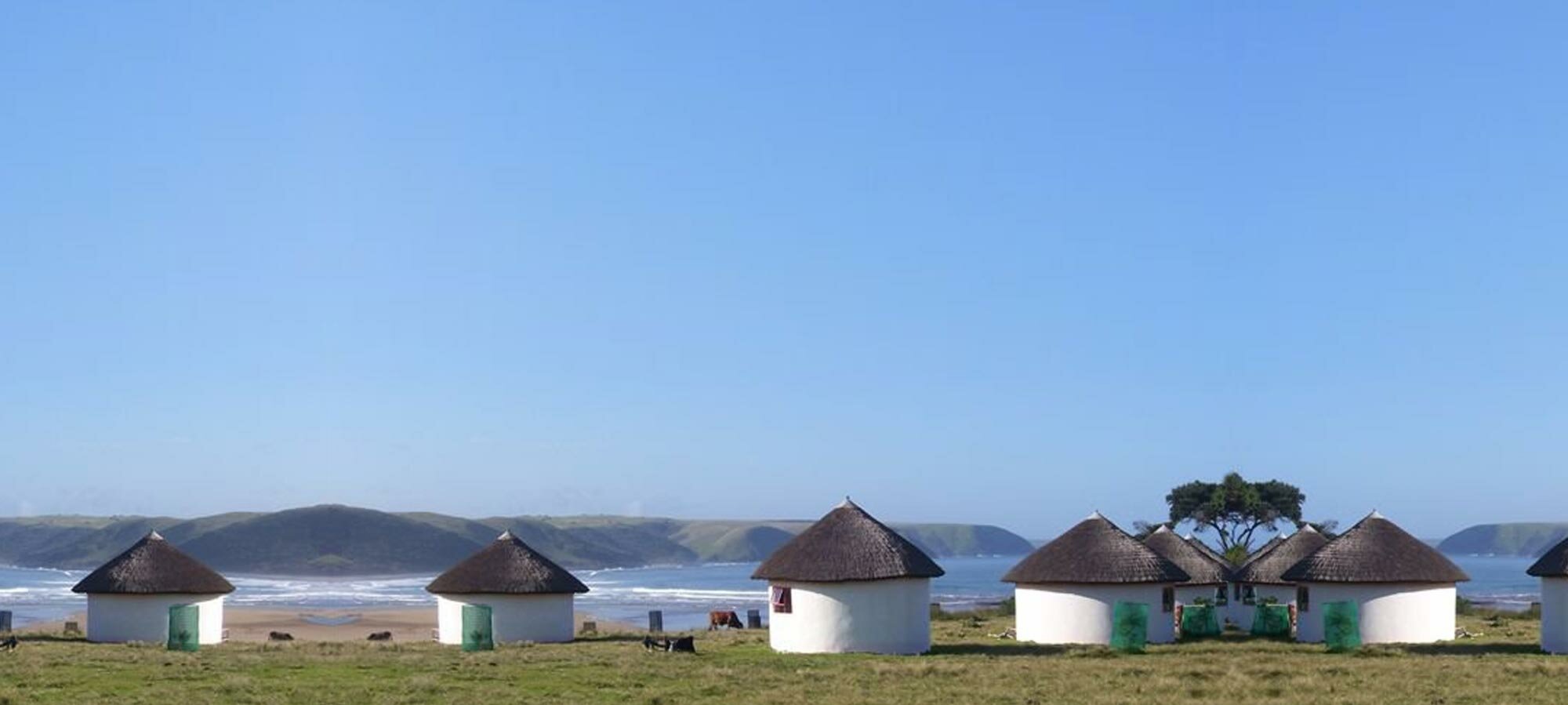
Helping to plan for, find and keep the workforce needed to deliver health for all.
AHP is a social profit organisation that works with the South African government and civil society organisations to find solutions to Human Resources for Health challenges.
Staffing
FAQs

Who is Africa Health Placements?
We are a social profit organisation partnering with the Department of Health to improve the healthcare services in the regions we operate in. Currently working in South Africa, we recruit healthcare workers for public sector hospitals in underserved areas. We facilitate the process from enquiry to placement and support you in finding the right position for your skills and interests.
Where does Africa Health Placements operate?
We cover the whole of South Africa, but focus on rural and underserved areas where there is a critical need for doctors.
What kind of skills are you looking for?
We place a wide variety of doctors as there are a lot of positions available.
What is the length of contracts?
We find that the best duration for paid roles is between one and three years as this benefits both the hospital and the individual doctor. This period is ideal as it makes it worthwhile for hospitals as they invest a significant amount of time in administration and coaching new health workers, and for the individual doctor as it provides them time to gain the most out of their stay in South Africa. However, should you wish to come for a shorter period, we can place you in voluntary posts for six months or more.
What kind of supervision will I have?
This will depend on what you feel you need. Senior clinical staff is available to help and provide support for work that is outside of your previous experience. In addition, your colleagues are usually other expat professionals and junior South African personnel who are doing a community service year. Due to personnel limitations, you may at times be required to work unsupervised and take charge of departments, but hospitals have systems to phone for support and the nurses are also quite experienced.
What will the process cost me?
AHP does not charge for its services. However, there will be costs linked to initial professional registration fees, the verification of your credentials, legal requirements regarding documentation, postage and a work permit.
Where will I be located?
That depends on what is available. Your skills and location preferences are taken into account when we look for positions. Rural hospitals can be several hours from urban centres, but most are within driving distance of shopping centres. Most regional referral hospitals are in urban areas. Regional hospitals serve the rural hospitals and clinics as a referral centre when specialist treatment is required.
Do I need to learn the local language?
It will be useful to make an effort to learn the basics of the local language. While useful, this is not critical as you will be assisted with translation from the nursing and support staff. This communication procedure will take a bit of effort to become used to, but all official documentation and correspondence are done in English.
Where will I stay?
Accommodation is quite often provided in the hospital grounds for a nominal amount of approximately £100 (€118/$165) per month. If there isn’t accommodation on hospital grounds, local accommodation can be secured.
What kind of work will I be doing?
Unless you are a Consultant Specialist, you will normally be doing generalist work which means you are expected to provide basic care to the emergency department, outpatient and inpatient clinics as well as visiting satellite clinics. Surgical procedures will depend on your experience and skills, but you can learn a lot if you want to expand your skill set and cover a broader spectrum.
The services required in the outlying clinics are most closely allied to that of a general practitioner. There is a premium on obstetric skills and you may learn some anaesthetics and tropical disease treatments. You will certainly gain experience in the treatment of HIV/Aids and TB.
What type of remuneration can I expect?
For minimum one year paid contracts the entry-level salary is approximately £33 000 pa (€39 000/$54 000). The living costs are lower than in the US and Europe, but you may need to buy or share a car, as public transport is very limited.
Can I bring my partner/spouse and what about children? What will they do and what job possibilities are there for them?
Yes, you can bring your family and they will be most welcomed. They will need to apply for visas when the work permit is obtained. Many opportunities exist for volunteer work, but paid work is highly dependent on the partner’s skills and the need in a local area. We are not mandated to find paid roles for them, but will advise as much as we can and it’s often best to look when you arrive in South Africa. Schooling is of a good standard and often near facilities.
Do I need to sit examinations to work in South Africa?
All applications go through the Health Professions Council of South Africa (HPCSA) Board for approval. The HPCSA Board makes the determination on whether the candidate meets the requirements, or whether they need to sit an exam.
What are the working hours and responsibilities?
The standard working week is 45 hours and 48-hour on call when necessary. You will normally have a core role and share the overflow work with other staff as per the situation in a flexible system.
How long does it take to go through the process?
The process can take between nine and 12 months. We advise that you apply early and get going with the administration to take advantage of this fantastic opportunity for your career.
Find below our handy Orientation Manual with all the information you need to start your life in South Africa!
- AHP Orientation Manual 2014 (pdf)


